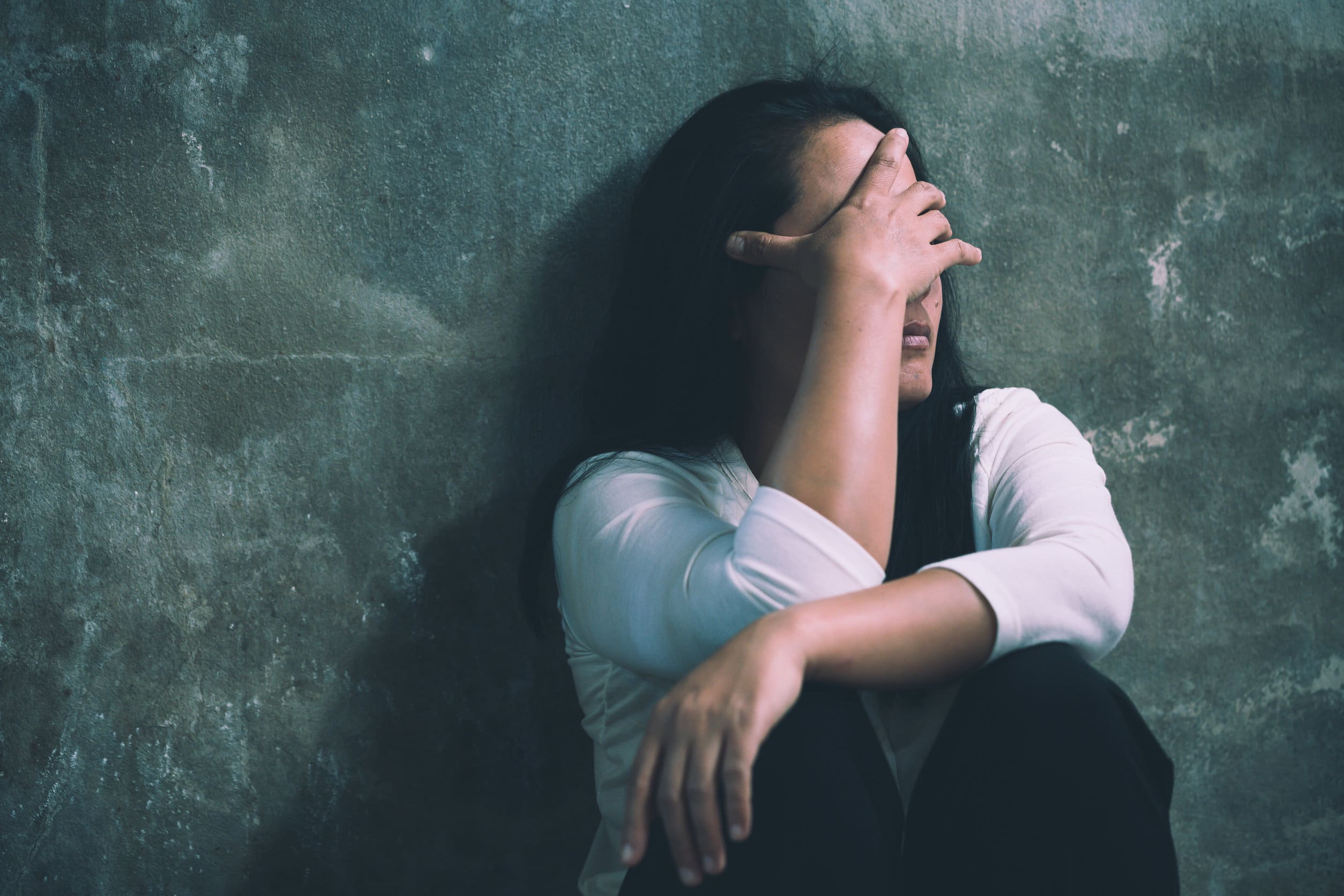When someone is in crisis, there are usually clear signals that something is wrong. Those closest to the person in crisis are usually the first to notice these signs, but they often have too few tools at their disposal to do anything about it. Enter Colorado’s Red Flag law.
Sometimes it’s necessary to take firearms out of the hands of someone who would use them against another or themselves. In these emergency situations, law enforcement and loved ones can now take steps to help protect that person from harm – and protect themselves, too.
Here’s what you need to know about Colorado’s Red Flag law and how it works in the state, specifically when it comes to domestic violence.
What Is Colorado’s Red Flag Law?
The Red Flag law is another name for a measure known as an extreme risk protection order. It’s meant to be a civil proceeding that temporarily keeps firearms out of the hands of those who pose a danger to themselves or others. Under an extreme risk protection order, the named person cannot purchase or possess firearms.
Who Can Ask for an Extreme Risk Protection Order?
In Colorado, the family or household members of the person named in the order (called the respondent) or law enforcement can petition the court for an extreme risk protection order.
Under the law, the following people are defined as those who can request the protection order:
- Anyone related to the respondent by marriage, blood, or adoption
- Anyone who shares a child with the respondent
- Anyone who is the legal guardian of the respondent
- A former spouse of the respondent
- Anyone who lives with the respondent or has in the past six months
- Anyone who has been in or is currently in a relationship with the respondent
Does Any Proof Have to Be Offered for an Extreme Risk Protection Order?
Under Colorado law, two standards of proof are required for this type of protection order. A temporary extreme risk protection order lasts for two weeks, so the standard of proof, in that case, is lower – it only requires what is called a preponderance of the evidence.
That essentially means that the court has to find that over half of the evidence presented shows the respondent to be a risk to themselves or others in the near future. Thus, it’s best if their firearm access is blocked.
A final extreme risk protection order requires more evidence since it can be issued for up to one year. For this order to be terminated at the request of the respondent – or to be renewed – it requires more evidence, as well.
The court asks for evidence that it considers clear and convincing, which means that the petitioner, respondent, and other witnesses may have to testify or submit sworn affidavits in conjunction with other relevant evidence.
Can You Oppose an Extreme Risk Protection Order?

If you’re named as the respondent in an extreme risk protection order, what can you do? The law does provide options.
For temporary extreme risk protection orders, you may not know that it’s been requested and granted until you’re served the notice from the court. You can possibly retrieve your rights to firearms through the hearing for a final extreme risk protection order. Attend that hearing with your attorney. Call on any witnesses who can help back up your objections to the protection order to support your opposition to it.
About the Author:
Kimberly Diego is a criminal defense attorney in Denver practicing at The Law Office of Kimberly Diego. She obtained her undergraduate degree from Georgetown University and her law degree at the University of Colorado. She was named one of Super Lawyers’ “Rising Stars of 2012 & 2019” and a “Top 100 Trial Lawyers in Colorado” for 2012-2020 by The National Trial Lawyers. Both honors are limited to a small percentage of practicing attorneys in each state. Additionally, Expertise names her to its lists of the 25 Best Denver DUI Lawyers and 21 Best Denver Criminal Defense Lawyers, both in 2020. Ms. Diego has also been recognized for her work in domestic violence cases.





